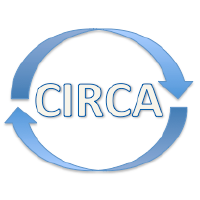
Speeding Up Abstract Algebra
Researchers from the School of Computer Science have been integrating their work on key mathematical structures into leading software for computational abstract algebra.

Researchers from the School of Computer Science have been integrating their work on key mathematical structures into leading software for computational abstract algebra.
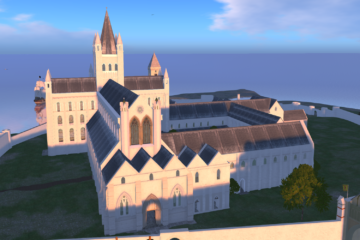
Collaborations between university academics and external institutions have brought locations that were thought lost back into view and engaged new audiences in the digital humanities.
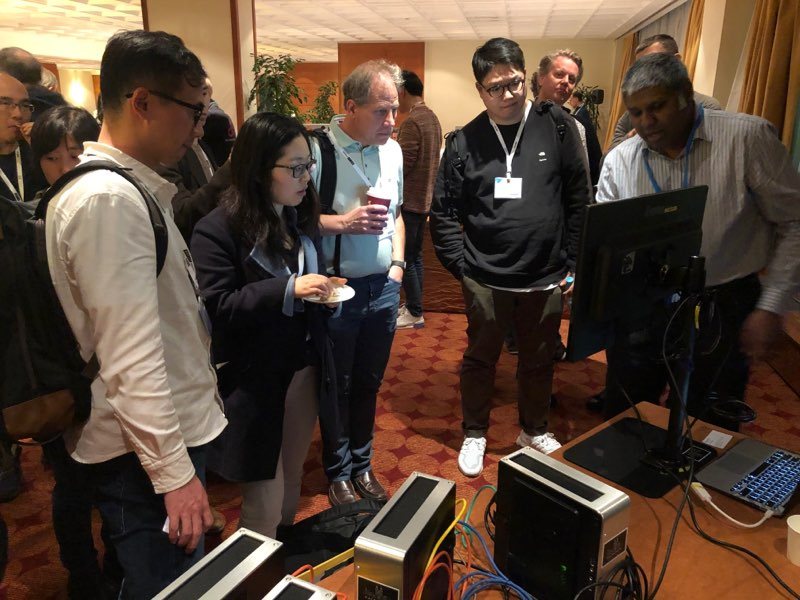
In the School of Computer Science, Professor Saleem Bhatti is working on a solution to enhance Internet Architecture with a new protocol called the Identifier Locator Network Protocol (ILNP). A fundamental property of…
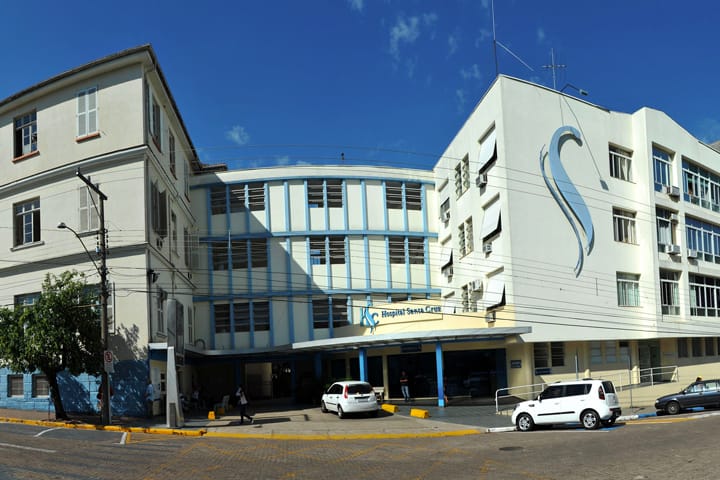
Inferences from A&E data for resource optimisation in Brazilian hospitals Dr Juliana Bowles, Dr Sandra Quickert, Dr Ricardo Czekster & Dr Thais Webber School of Computer Science & University of Santa Cruz do Sul,…

Dr David Harris-Birtill & Dr Roushanak Rahmat | School of Computer Science Detection of cancer in medical images, e.g. from PET, MRI or CT imaging systems, is one of the core components in the fight against cancer.…
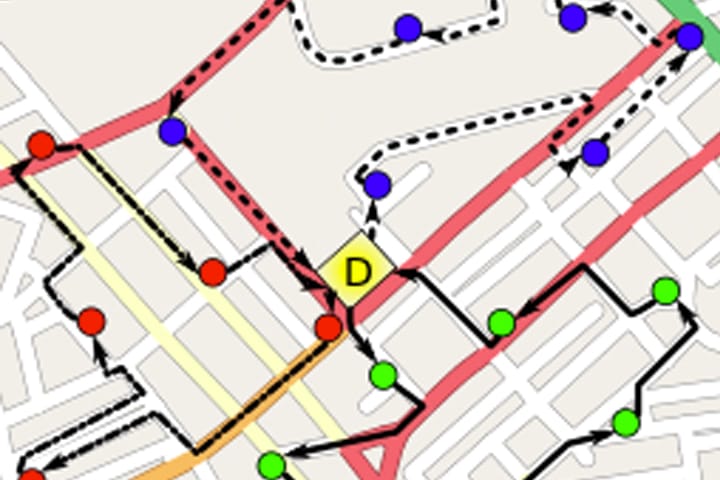
Dr Özgür Akgün, Prof. Ian Gent & Prof. Ian Miguel School of Computer Science Combinatorial search problems are ubiquitous across the public and private sectors, and academia. Consider a staff rostering problem to…
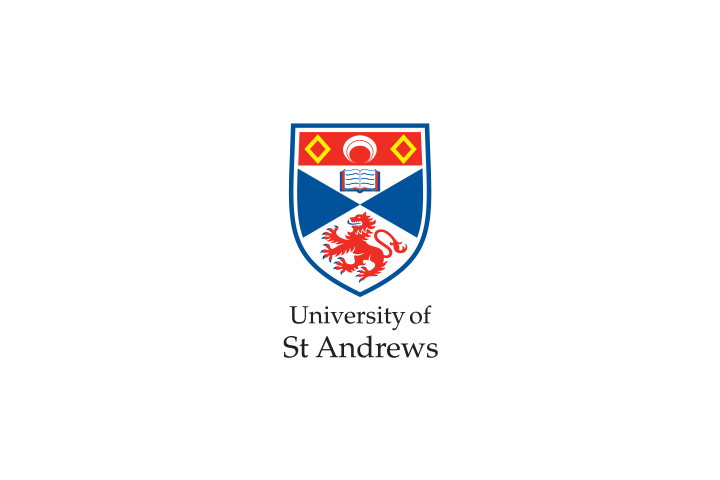
Dr Tom Kelsey and Dr Robert Schick School of Computer Science and School of Mathematics and Statistics With the increasing availability of smartphones, we sought to investigate whether: an app could be deployed with…

How can robot behaviour be safely unscripted? Dr Michael K. Weir School of Computer Science As robots move into more uncontrolled environments, safe motion requires flexibility to deal with the unexpected.
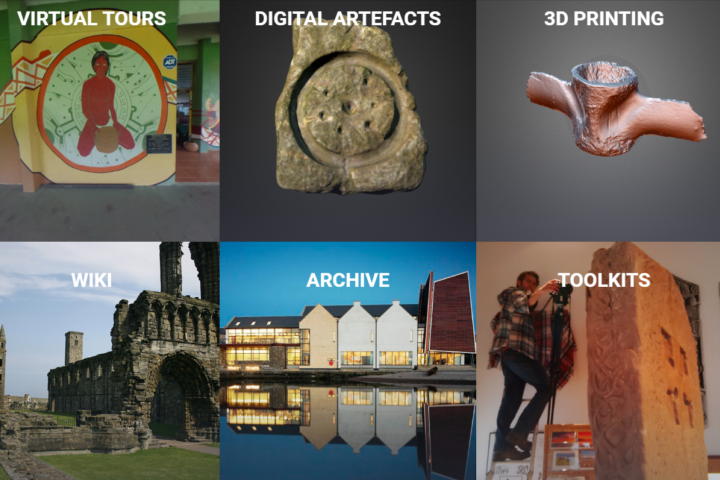
Dr Alan Miller, Dr Karen Brown & Catherine Cassidy | School of Computer Science, School of Art History & Open Virtual Worlds Recent advances in the computational power and graphic capabilities of mobile phones and…
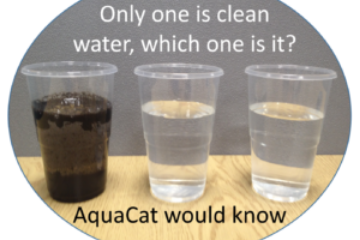
Dr David Harris-Birtill and Mr David Morrison School of Computer Science The AquaCat project makes use of low-cost miniaturized radar technology and machine learning in order to reliably detect water pollutants.